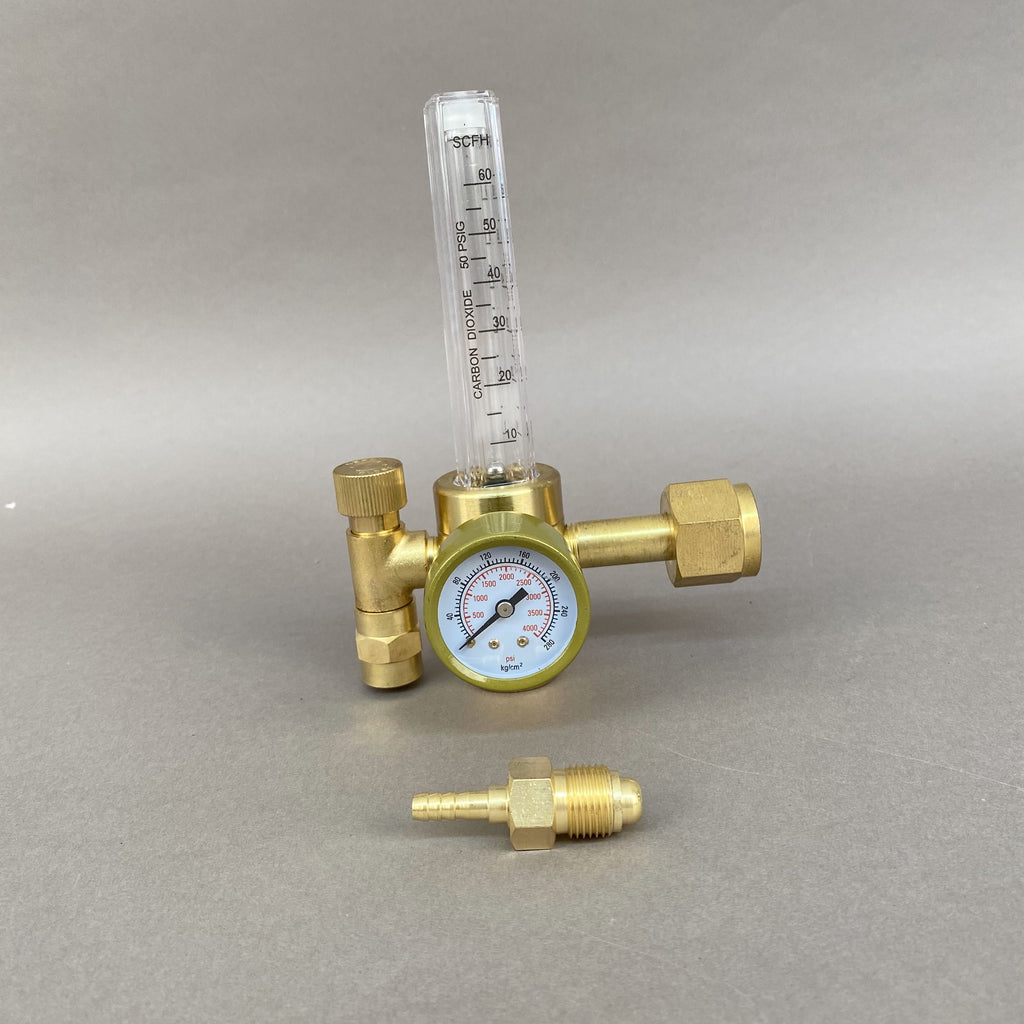Precision monitoring plays a pivotal role in advancing climate action, particularly in the realm of carbon capture and sequestration CCS initiatives. Among the array of technologies employed in CCS, deploying CO2 flowmeters stands out as a critical component for ensuring the efficacy and accountability of these endeavors. With the pressing need to curb greenhouse gas emissions, CCS has emerged as a promising strategy to mitigate CO2 levels in the atmosphere by capturing carbon dioxide emissions from industrial processes and power plants, subsequently storing them underground or utilizing them in various industrial applications. However, the success of CCS projects hinges on precise monitoring and measurement of CO2 flow rates throughout the capture, transport, and storage phases. CO2 flowmeters serve as indispensable tools in this regard, enabling real-time monitoring of carbon dioxide volumes at different stages of the CCS process. These flowmeters utilize advanced technologies such as ultrasonic, thermal, or differential pressure measurements to accurately quantify the flow of CO2.

By providing precise data on CO2 flow rates, these instruments facilitate the optimization of CCS operations, ensuring that capture facilities operate at peak efficiency while minimizing energy consumption and operational costs. Moreover, accurate monitoring of CO2 flow rates is essential for verifying compliance with regulatory requirements and validating the overall effectiveness of CCS projects in reducing carbon emissions. In addition to optimizing operational efficiency, deploying CO2 flowmeters enhances the safety and integrity of CCS infrastructure. By continuously monitoring CO2 flow rates, operators can promptly detect and address any anomalies or leaks in the capture and transport systems, thereby mitigating potential environmental risks and ensuring the security of stored carbon dioxide. Furthermore, the data collected from these flowmeters enables comprehensive risk assessment and proactive maintenance planning, ensuring the long-term reliability and resilience of CCS infrastructure. Beyond operational and safety benefits, the deployment of CO2 flowmeters facilitates transparency and accountability in CCS initiatives. Accurate measurement and reporting of CO2 emissions are essential for stakeholders, including governments, regulatory bodies, and the public, to assess the impact of CCS projects on reducing greenhouse gas emissions and combating climate change.
By providing reliable data on CO2 flow rates, flowmeters enable stakeholders to track the progress of CCS initiatives, evaluate their effectiveness in achieving emission reduction targets, and make informed decisions regarding future investments in carbon capture technology. Moreover, the deployment of CO2 flowmeters supports the development of standardized protocols best practices for CCS implementation and visit site https://www.wtfarley.com/co2-flowmeters. By establishing consistent measurement and monitoring procedures, industry stakeholders can ensure comparability and interoperability among different CCS projects, facilitating knowledge sharing and collaboration across the carbon capture ecosystem. Additionally, the availability of high-quality data from CO2 flowmeters fosters innovation and continuous improvement in CCS technologies, driving advancements in efficiency, reliability, and cost-effectiveness. By providing accurate measurement of CO2 flow rates, these instruments enable optimization of CCS operations, enhance safety and integrity, ensure transparency and accountability, and drive innovation in carbon capture technology, ultimately contributing to the global effort to mitigate climate change.